Analyzing Nana Kwame Bediako’s First Five Pillars - Ghana's Path to Economic Freedom

As Ghana approaches the pivotal 2024 elections, the political landscape is abuzz with promising visions for the nation's economic future. Leading the charge is Nana Kwame Bediako, the Flagbearer of The New Force party, who has unveiled his comprehensive blueprint for economic freedom through his 12 Pillars to Economic Freedom. This article delves into the first five pillars of Bediako's policy framework, examining their potential impact, feasibility, and the challenges that lie ahead.
Bediako's inaugural pillar centers on igniting an industrial revolution across Ghana's 16 regions. Historically, Ghana has been endowed with abundant natural resources, including gold, iron, oil, gas, bauxite, and lithium. However, much of this potential remains untapped due to dormant regional economies and inadequate industrial infrastructure.
The key Initiatives include the revitalization of Regions.The plan seeks to awaken the 15 dormant regions by establishing industrial and processing plants tailored to each area's unique resources.
He envisions an economic output surge to $4.7 trillion within a decade, leveraging the country's arable land and mineral wealth to create approximately 8 million jobs.
He also believes that by refining and processing locally extracted minerals and agricultural products, Ghana will reduce imports and boost exports, fostering widespread prosperity.
An analysis of these key initiatives suggest that the ambitious goal of transforming regional economies through industrialization holds significant promise.
By focusing on self-sufficiency and value addition, Ghana can mitigate reliance on imported goods and enhance its position in global markets.
However, the success of this pillar hinges on substantial investments in infrastructure, technology, and workforce training. Additionally, ensuring equitable distribution of resources and preventing regional disparities will be crucial for sustained growth.
The second pillar which is Water Transportation and Interregional Railway Connectivity highlights the importance of Transportation infrastructure as the backbone of economic development, facilitating the movement of goods and people.
Bediako's second pillar emphasizes the development of a comprehensive water transportation and railway network to enhance interregional connectivity. Its key Initiatives involve the exploitation of Water Resources like utilizing Lake Volta and other water bodies for transportation, tourism, and industrial logistics.
The expansion of the Railway system will entail developing an 8,000-kilometer railway network to connect major regions and neighboring countries, thereby fostering regional trade.
Inspired by Egypt's canal projects, he also plans to undertake dredging operations to make waterways navigable for industrial and commercial use.
Enhancing transportation infrastructure can significantly reduce logistical costs, improve supply chain efficiency, and stimulate economic activities across regions. The proposed railway network, extending to Ghana's borders, has the potential to integrate West African economies, promoting intra-continental trade. However, the project's success depends on effective project management, securing funding, and overcoming geographical and environmental challenges.
Energy is a critical enabler of industrial and technological advancements. Bediako's third pillar proposes the creation of an Energy City integrated with a cutting-edge technology hub to drive innovation and sustainable growth.
The key initiatives include diversified energy sources which entail the development of hydroelectric, wind, solar, and thermal power plants to ensure a stable and sustainable energy supply.
Second is the Nuclear Power Exploration which will introduce nuclear energy as a long-term solution to meet the country's energy demands and reduce dependency on fossil fuels.
The Technology Hub Development will also see to establishing a hub akin to Silicon Valley to foster the production of electronic gadgets, data centers, and support for emerging technologies like blockchain and artificial intelligence.
The integration of energy and technology infrastructure can position Ghana as a technological leader in Africa. Renewable energy projects align with global sustainability goals, while the exploration of nuclear energy indicates a forward-thinking approach to energy security.
The establishment of a technology hub could stimulate innovation, attract foreign investment, and create high-skilled jobs. Nevertheless, nuclear energy projects require stringent safety protocols, substantial investment, and public acceptance to be viable.
A nation's reserves are proof of its economic resilience and capacity to weather financial uncertainties. Bediako's fourth pillar underscores the importance of building robust reserves in gold, oil, and food to ensure long-term stability.
Increasing national reserves of gold and other minerals by enhancing extraction and refining processes.
Establishing agro-reserves capable of sustaining the nation’s food needs for the next 100 years, ensuring self-sufficiency and the ability to export surplus produce.
Learning from global examples like Qatar and England to maintain substantial reserves that can support economic growth and provide a buffer against external shocks.
Building extensive reserves can enhance Ghana's economic sovereignty and reduce vulnerability to global market fluctuations. Food security initiatives can safeguard against supply chain disruptions and bolster the agricultural sector. However, effective management of these reserves requires transparent governance, robust regulatory frameworks, and mechanisms to prevent resource depletion and ensure sustainability.
The fifth pillar envisions the creation of a National Sovereign Wealth Fund (NSWF) to manage the country's reserves independently and transparently, serving as a new International Monetary Fund (IMF) for Ghana.
It’s key initiatives include Autonomous Fund Management which aims at establishing a fund that autonomously collects and manages revenues from mineral exports, taxes, and other income streams.
There is also Minimizing Corruption which will involve implementing stringent measures to ensure that revenues are not siphoned off, thereby increasing the national reserves and finally economic stabilization. Through this, funds will be used to support government expenditures, infrastructure projects, and social programs without incurring excessive debt.
An NSWF can provide a stable financial foundation, enabling Ghana to invest in strategic projects and respond to economic crises without external dependencies. By centralizing reserve management, the fund can enhance fiscal discipline and promote long-term economic planning. However, the effectiveness of the NSWF depends on its governance structure, transparency, and accountability measures to prevent mismanagement and ensure that the fund's resources are utilized for national benefit.
Nana Kwame Bediako's first five pillars present a visionary roadmap for Ghana's economic transformation. By focusing on industrialization, infrastructure development, energy sustainability, reserve building, and strategic fund management, Bediako aims to harness Ghana's rich resources and human capital to propel the nation towards prosperity.
While the proposed initiatives hold immense potential, their success will be contingent upon effective implementation, robust governance, and the ability to navigate challenges such as funding constraints, infrastructural deficits, and regional disparities. As Ghana stands at the crossroads of economic opportunity, the 2024 elections will play a crucial role in determining the nation's path forward. If Bediako's policies are realized, Ghana could emerge as a powerhouse in Africa, setting a benchmark for sustainable and inclusive economic growth.
Sign up for the 3Music Newsletter for breaking news, events, and unique stories.
MORE FROM
music
-
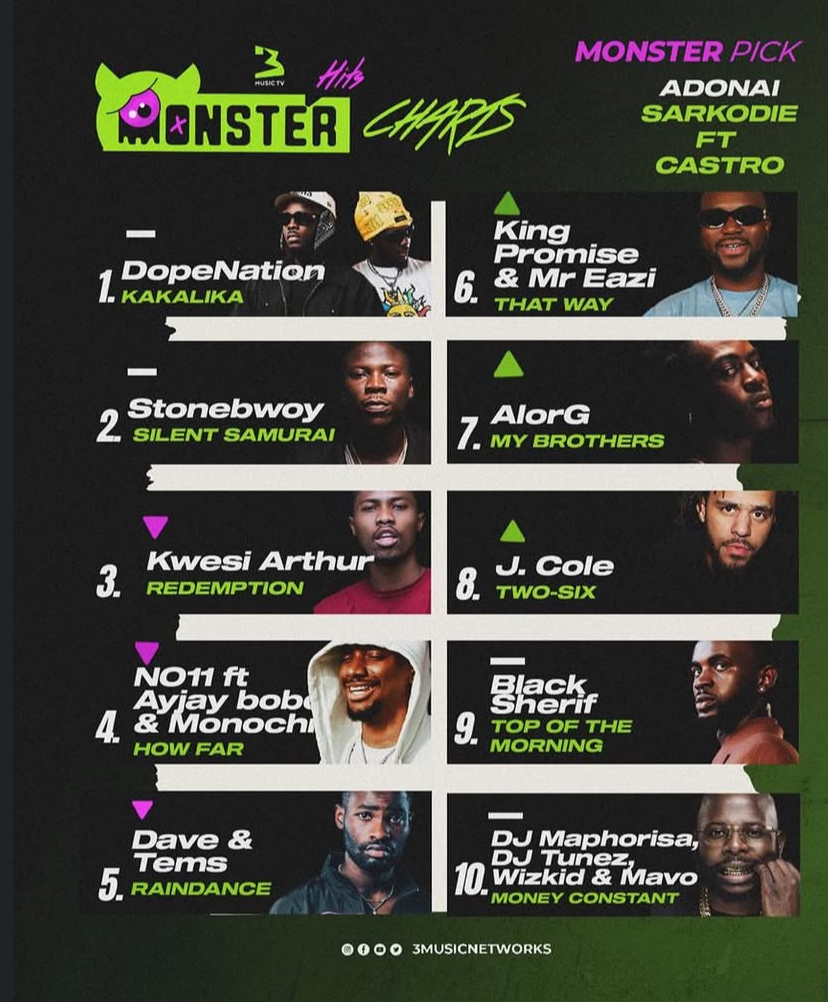
music entertainment culture
3Music TV Unveils Latest Monster Hit Chart
By Christabel Newman
February 26th, 2026
-

music entertainment culture
Tiwa Savage Launches Tiwa Savage Music Foundation
By Christabel Newman
February 26th, 2026
-

music entertainment fashion & lifestyle culture
Fantasia’s Re-Proposal Sparks Marriage, Timing And “Loud VS. Private” Debate
By Christabel Newman
February 26th, 2026
-

fashion & lifestyle culture
Grey Assets Apartments Redefines Luxury Living In Spintex
By Christabel Newman
February 26th, 2026
-

music entertainment
Kemuel Returns To Ghana With Soul, Strategy And A Global Vision
By Christabel Newman
February 26th, 2026
More From 3Music News

music | entertainment | culture | BY Christabel Newman | February 26th, 2026
Moliy Teases New Music PARTY GYAL
Moliy rose to global recognition with breakout releases and genre-blending collaborations that draw from Afrobeats, Alté and Dancehall influences…

music | entertainment | culture | BY Christabel Newman | February 26th, 2026
Larruso Set For Debut Headline Concert
Accra-based dancehall and reggae sensation Larruso is preparing to hit a major career milestone with his first-ever headline concert, THE RRUSO PARADE…

music | entertainment | culture | BY Christabel Newman | February 26th, 2026
Shatta Wale Earns Three Nods At The 43rd International Reggae & World Music Awards
The nominations were unveiled during the official 2026 awards announcement in Kingston, Jamaica, ahead of the ceremony scheduled for May 17…
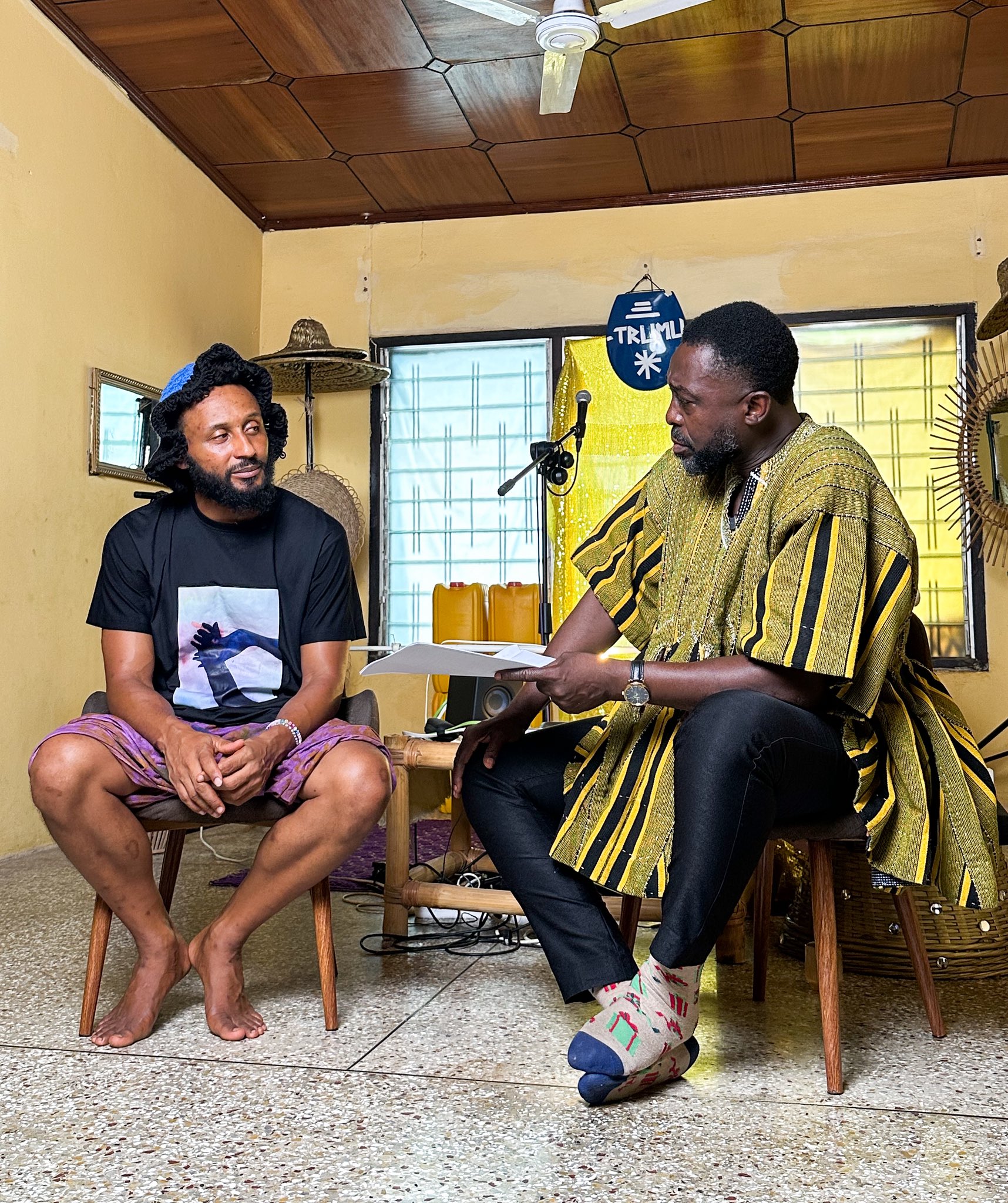
entertainment | fashion & lifestyle | culture | BY Walter Sena | February 26th, 2026
“Teachers Were More Interested in Power Than Knowledge’ – Wanlov Kubolor
Renowned musician and social activist Wanlov Kubolor has opened up about his experiences at Adisadel College, highlighting what he describes as a troubling culture in Ghanaian schools. In a recent interview with broadcaster Kafui Dey, Wanlov stated
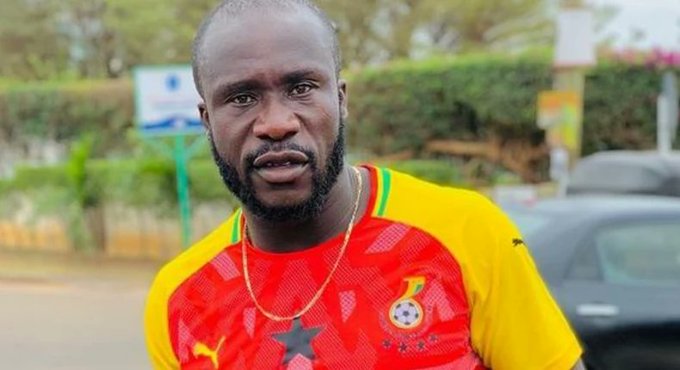
music | entertainment | culture | BY Walter Sena | February 26th, 2026
“Hearing This from President Mahama Encouraged Me to Keep Going” – Dr Likee
Popular Ghanaian comic actor Ebenezer Akwasi Antwi, widely recognized by his stage name Dr Likee, has opened up about a life-changing encounter that persuaded him to continue his career in entertainment.

music | entertainment | culture | BY Walter Sena | February 26th, 2026
I was broken when a Twitter user called me 'beauty but brainless' - Sefa
Ghanaian Afrobeats and Afropop singer, Sefa, has revealed how a hurtful comment on social media once left her feeling emotionally shattered.

music | entertainment | culture | BY Christabel Newman | February 25th, 2026
Funny Face Worships With The Kids
Over the years, Funny Face has cultivated a loyal fan base among children through his humor, television presence and consistent involvement in youth-centered activities...
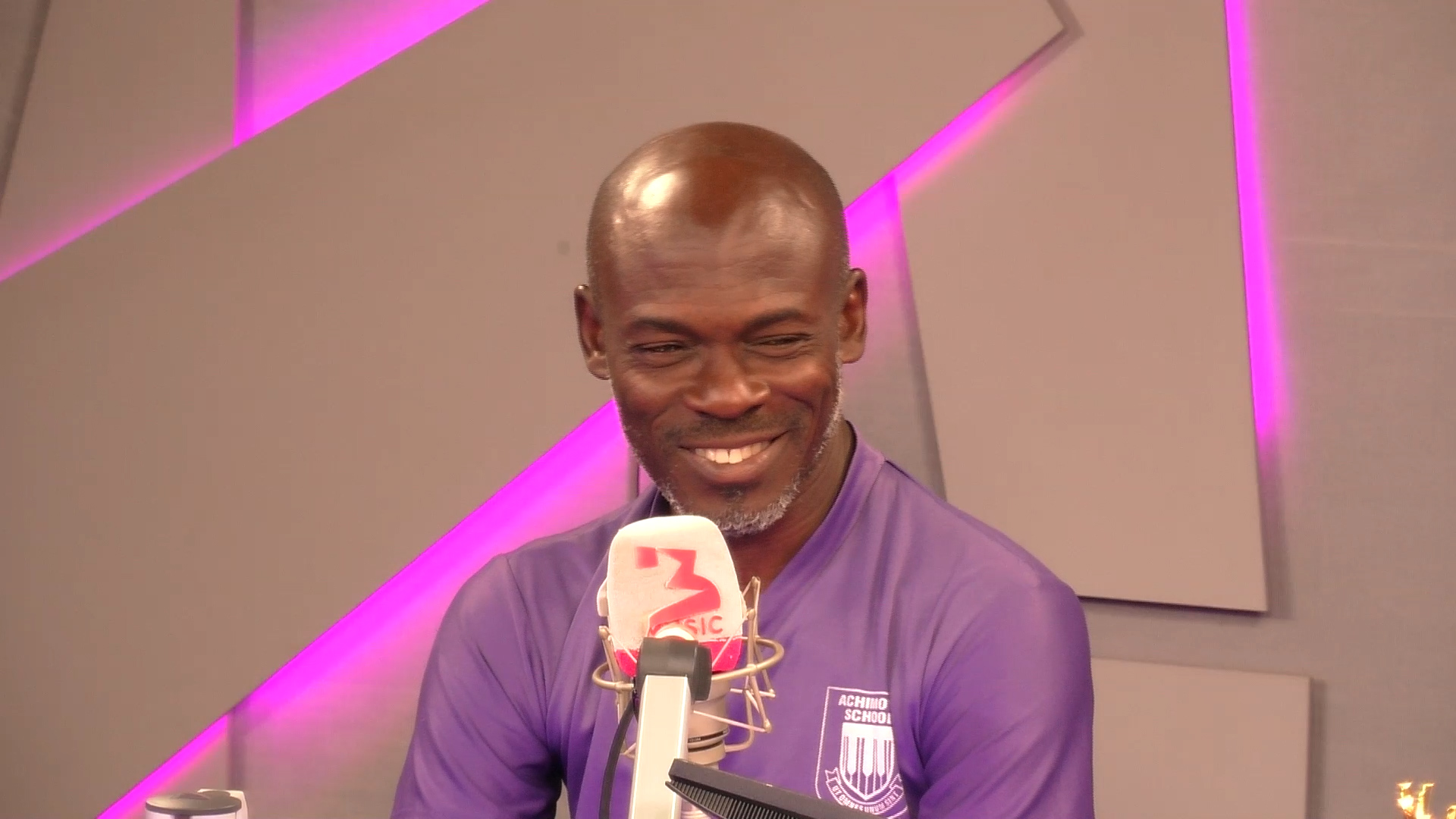
entertainment | sports | culture | BY Christabel Newman | February 25th, 2026
Mr Asamoah’s Mission To Transform Lives Through Cricket
Cricket, Mr Asamoah noted, is far from a new sport in Ghana. According to him, it was first played in the country in 1904. Yet, despite its long history, it remains largely overlooked...
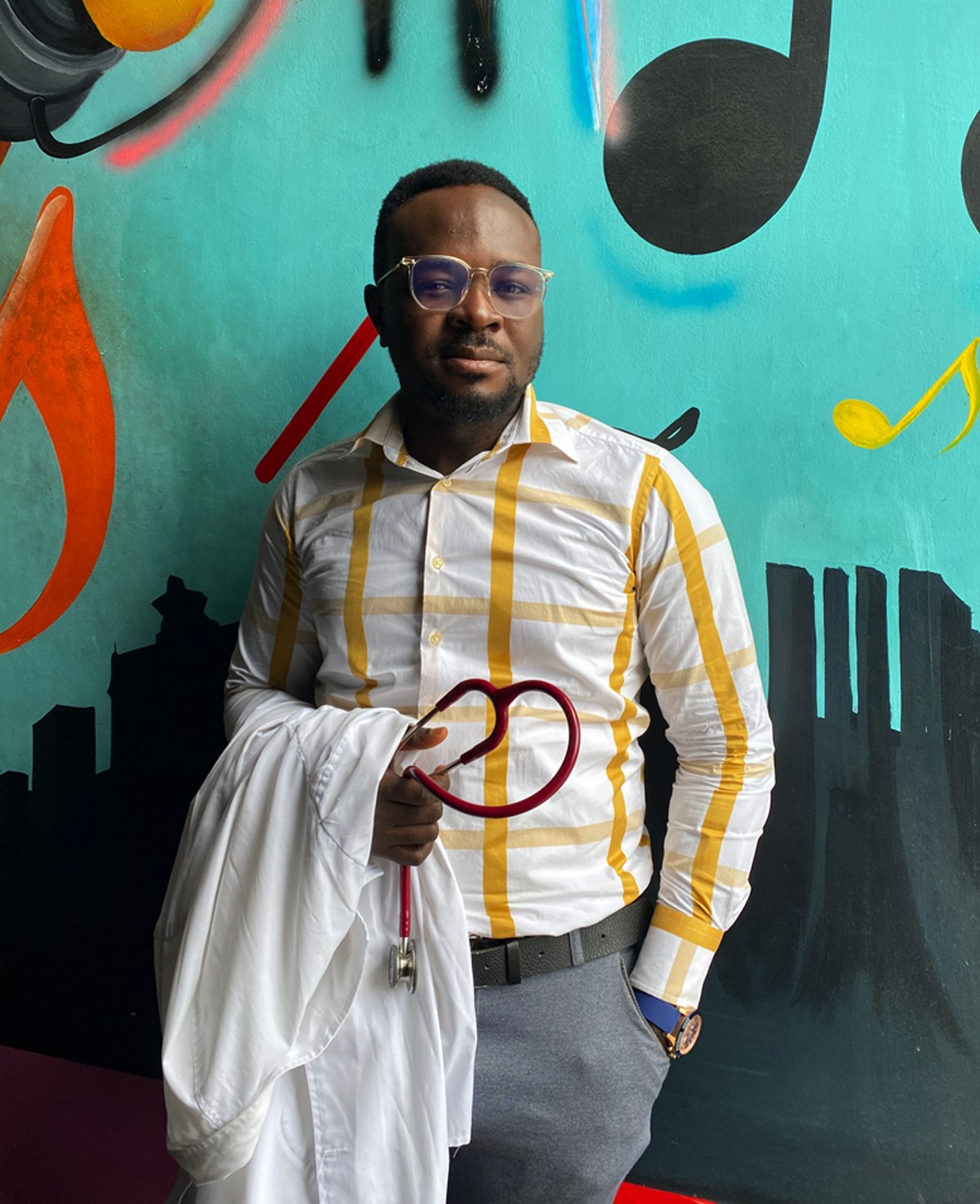
entertainment | fashion & lifestyle | culture | BY Christabel Newman | February 24th, 2026
Dr Chris Aminarh Discusses The Importance Of Routine Health Screenings
In a discussion with Dr Chris Aminarh, the Culture Squad explored a simple but critical question: what exactly should we be checking in our bodies and when?

music | entertainment | culture | BY Christabel Newman | February 24th, 2026
KiDi Announces BABYLON With Striking Visual Tease
Ghanaian music star, KiDi, has officially announced a new project titled BABYLON, scheduled for release on February 26, 2026...
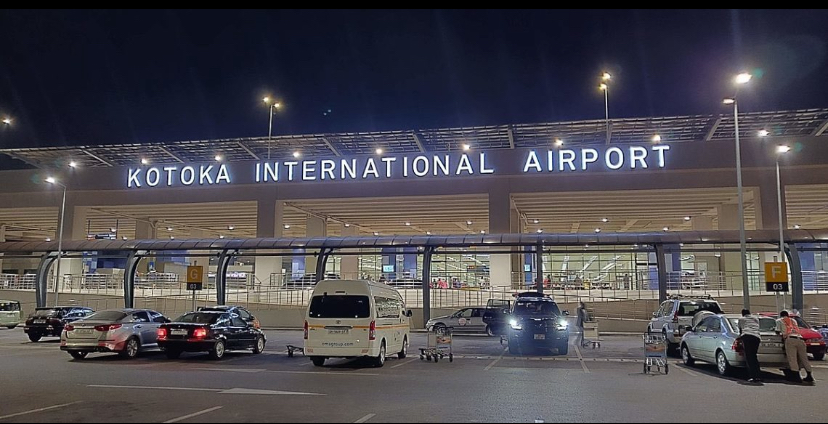
culture | BY Christabel Newman | February 24th, 2026
Government Restores Kotoka International Airport To Its Original Name
The Government of Ghana has officially renamed Kotoka International Airport to Accra International Airport, marking a significant shift in the identity of the country’s main aviation hub...

music | entertainment | BY Christabel Newman | February 24th, 2026
Shatta Wale Enters A New INTERFACE
Ghanaian dancehall heavyweight, Shatta Wale, has officially released his latest extended play (EP), THE INTERFACE, adding yet another project to his ever-expanding catalogue…
More Similar Videos
music,entertainment | Lerny Lomotey | October 27th, 2025
Showboy Shares His Journey From Prison To Becoming Ghana's Biggest Trapper
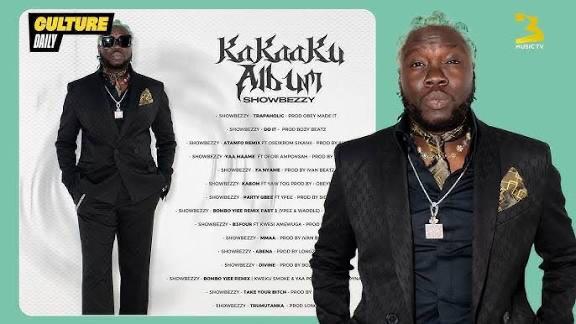
Comments